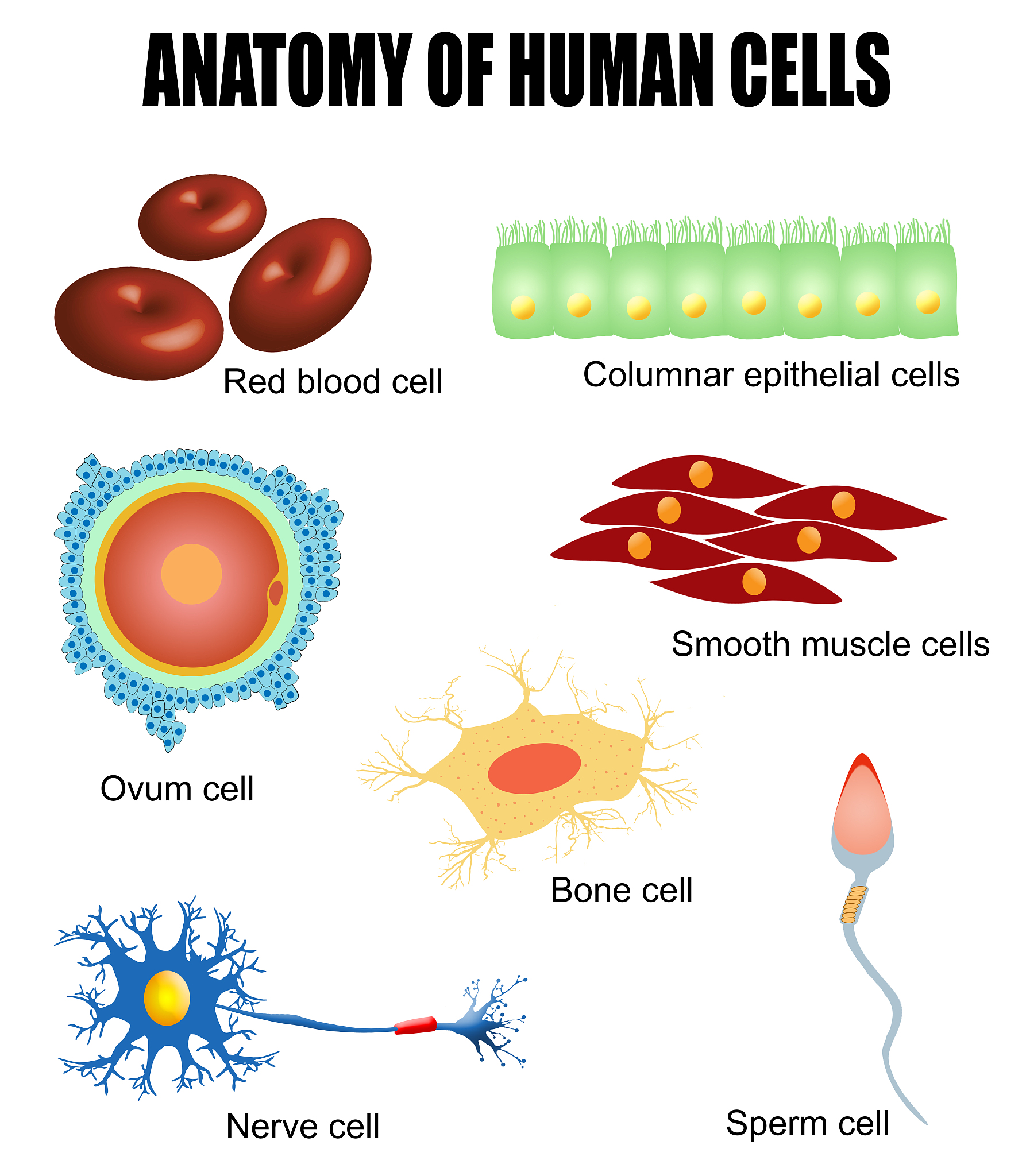风湿关节炎能彻底治愈么 英文一千字 带标题
Can Rheumatoid Arthritis Be Completely Cured?
Rheumatoid arthritis (RA) is a chronic autoimmune disease that primarily affects the joints, causing inflammation, pain, stiffness, and eventually joint damage. It is a complex condition that can affect multiple systems in the body, leading to fatigue, fever, anemia, and other complications. RA has a significant impact on the quality of life of patients, reducing their mobility, independence, and productivity. Therefore, it is natural for patients and their families to wonder whether RA can be completely cured, or at least effectively managed.
The short answer is that there is no cure for RA yet, but there are treatments that can relieve symptoms, slow down disease progression, and improve outcomes. RA is a heterogeneous disease that varies in severity, duration, and response to therapies, depending on genetic, environmental, and lifestyle factors. Thus, the treatment plan for RA should be tailored to each patient's individual needs, goals, and preferences, taking into account their age, sex, disease activity, comorbidities, and risk factors.
The mainstay of RA treatment is medication, which can be classified into several categories based on their mode of action, safety profile, and efficacy. Nonsteroidal anti-inflammatory drugs (NSAIDs) and corticosteroids are commonly used for short-term pain relief and inflammation control, but they do not alter the course of the disease or prevent joint damage. Disease-modifying antirheumatic drugs (DMARDs) are more potent and specific than NSAIDs and steroids and can modify the immune response that drives RA, but they require long-term use and monitoring due to potential side effects, such as liver toxicity, infections, and malignancies.
Biologic DMARDs are a newer class of drugs that target specific molecules involved in the immune system, such as tumor necrosis factor (TNF), interleukin-6 (IL-6), or B cells. They are usually reserved for patients who do not respond or tolerate conventional DMARDs or have severe or refractory disease. Biologics have revolutionized the treatment of RA, as they can achieve higher rates of remission or low disease activity, improve physical function and quality of life, and reduce the risk of joint damage and disability. However, biologics are expensive, require injection or infusion, and may increase the risk of infections, malignancies, or allergic reactions.
Apart from medication, other interventions that can benefit RA patients include physical therapy, occupational therapy, exercise, weight management, and self-management education. These modalities can improve joint mobility, muscle strength, endurance, and range of motion, reduce pain and fatigue, and enhance coping skills and self-efficacy. Complementary and alternative medicine (CAM) approaches, such as acupuncture, massage, herbal remedies, or mind-body techniques, may also have some benefits for RA patients, but their efficacy and safety are not well-established, and they should be used with caution and under supervision.
In addition to these treatments, RA patients should adopt a healthy lifestyle that includes a balanced diet, adequate sleep, stress management, and avoidance of smoking and excessive drinking. These factors can influence the immune system, inflammation, and joint health, and may also reduce the risk of comorbidities, such as cardiovascular disease, diabetes, or depression, which are more common in RA patients than in the general population.
In conclusion, while there is no cure for RA yet, the current treatments can effectively control symptoms, slow down disease progression, and improve outcomes for most patients. The key to successful RA management is a comprehensive, individualized approach that combines medication, physical and occupational therapy, exercise, self-management education, and lifestyle modifications. RA patients should work closely with their healthcare providers to develop a treatment plan that fits their needs, preferences, and goals, and should regularly monitor their disease activity, joint function, and side effects. With proper care and support, RA patients can live a fulfilling and active life, despite the challenges of their condition

原文地址: https://www.cveoy.top/t/topic/cLBt 著作权归作者所有。请勿转载和采集!